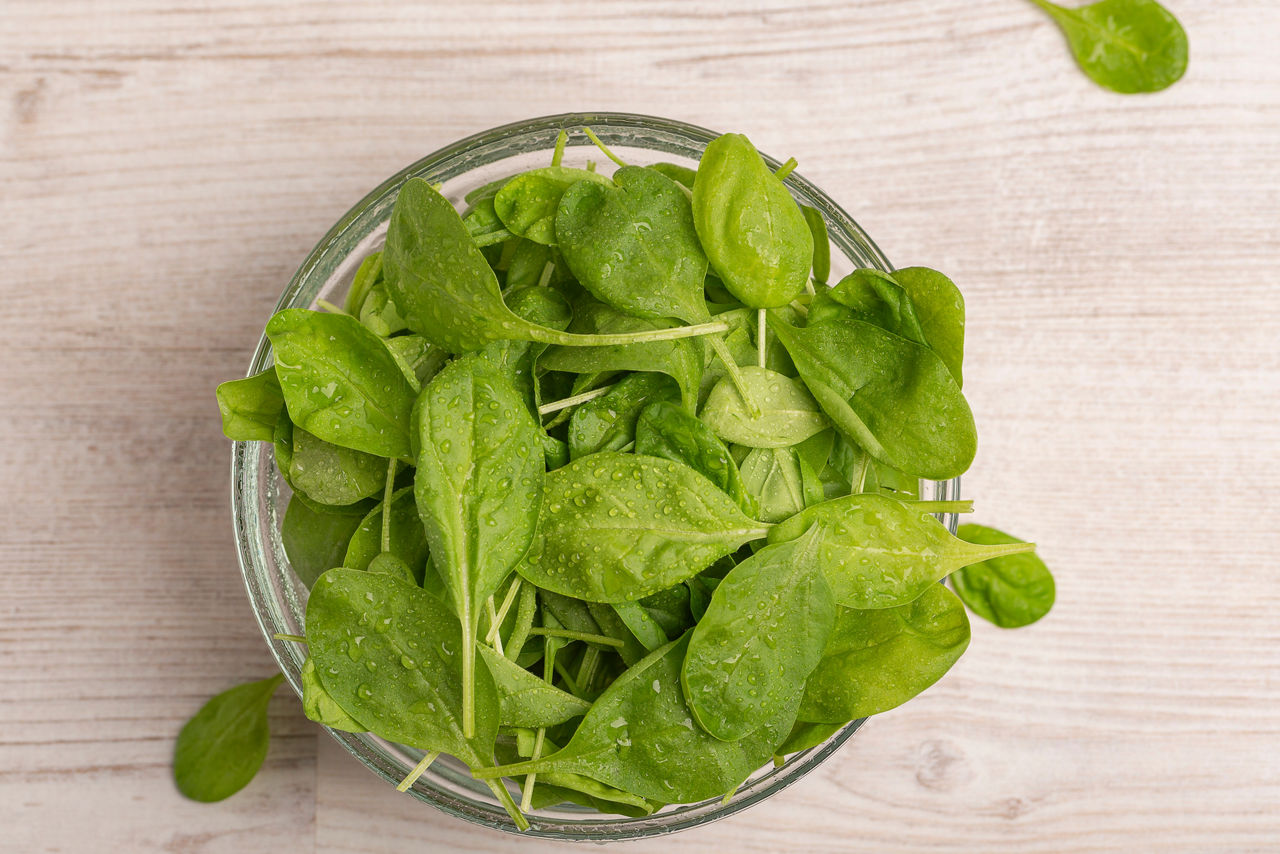Breastmilk is the best for babies. The World Health Organisation recommends exclusive breastfeeding for the first six months of life. Unnecessary introduction of bottle feeding or other food and drinks will have a negative impact on breastfeeding. After six months of age, infants should receive age-appropriate foods while breastfeeding continues for up to two years of age or beyond. Consult your doctor before deciding to use infant formula or if you have difficulty breastfeeding.
- Week 1
- Week 2
- Week 3
- Week 4
- Week 5
- Week 6
- Week 7
- Week 8
- Week 9
- Week 10
- Week 11
- Week 12
- Week 13
- Week 14
- Week 15
- Week 16
- Week 17
- Week 18
- Week 19
- Week 20
- Week 21
- Week 22
- Week 23
- Week 24
- Week 25
- Week 26
- Week 27
- Week 28
- Week 29
- Week 30
- Week 31
- Week 32
- Week 33
- Week 34
- Week 35
- Week 36
- Week 37
- Week 38
- Week 39
- Week 40
What Does Vitamin K Do For Me?
Not heard of this important vitamin? Vitamin K is in fact essential for blood clotting, which prevents excessive bleeding. Here’s how you can ensure you and your baby get sufficient Vitamin K not just during pregnancy, but beyond.
Most of us have not heard about Vitamin K. But like all vitamins, Vitamin K is an essential nutrient needed for the maintenance of normal bones and protein formation in the liver. It is also needed for blood clotting1, which helps heal our wounds. This healing is especially important during labour and just after you’ve given birth.
How Do I Get Vitamin K?
The good news is, you and your baby can get all the Vitamin K that you need from a healthy and well-balanced diet. Because Vitamin K is fat-soluble, your body is able to build up stores in your liver, and use it when you need it. The nutrient content of Vitamin K-rich foods is also not usually affected by cooking.
For a healthy dose of Vitamin K, include these in your daily diet:
• Green leafy vegetables
• Other vegetables and fruit
• Meat and dairy foods1
• Vegetable oils1
• Cereal1
How Much is Enough?
The amount of Vitamin K you need a day depends on your build – you’ll need about 1 mcg of Vitamin K for each kilogramme of body weight. If you weigh 65 kg, that works out to 65 mcg of Vitamin K per day1.
However, some medical conditions can affect your ability to absorb nutrients. If you think you might not be getting enough Vitamin K, talk to your doctor about taking a supplement. Bear in mind though that taking a supplement unnecessarily might harm your baby3.
Protecting Your Baby with Vitamin K at Birth
Babies are sometimes born with low Vitamin K levels. Immediately after birth, it is important to ensure that your baby has sufficient levels of Vitamin K. But while deficiency is rare in babies, it can lead to a condition that increases their risk of bleeding too much2.
To be on the safe side, your baby may be given a booster jab shortly after birth4. If you don’t like the idea of a jab for your newborn, you may opt for an oral dose instead.

Connect with our team of experts
We provide advice and support for you on your parenthood journey




